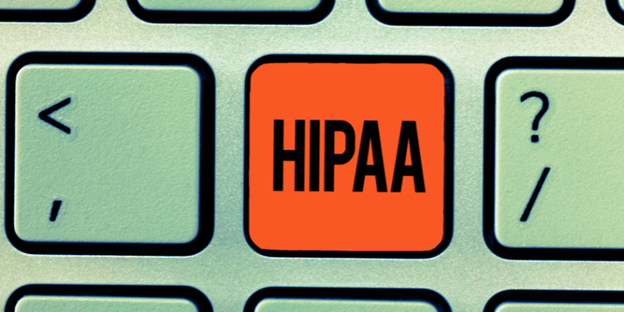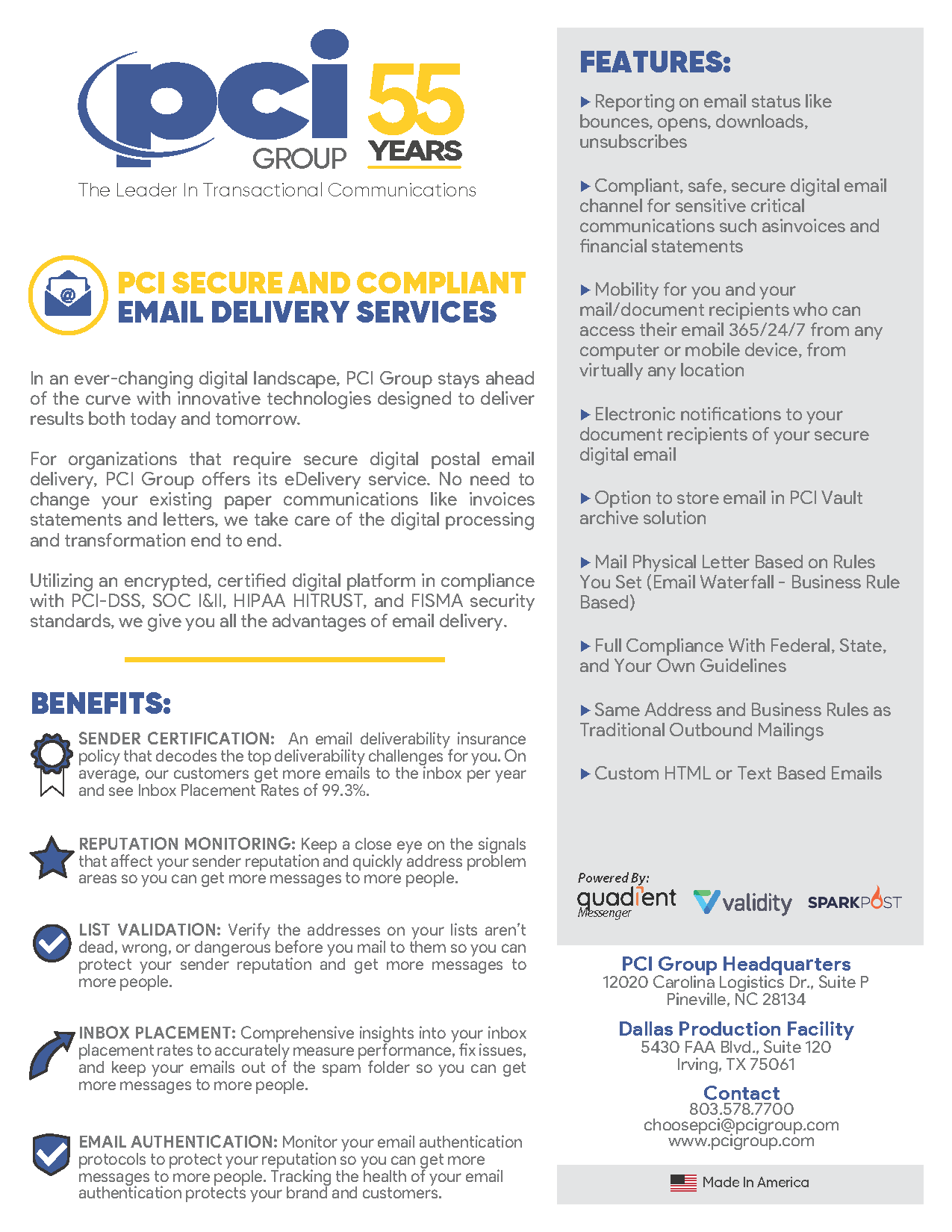
When communicating with patients, healthcare organizations must always abide by the rules and regulations set forth in HIPAA. What you must do to ensure this applies to both print and mail as well as email. HIPAA compliant email services must be in use. Otherwise, you could face violations.
So, what makes an email service HIPAA compliant?
Who Must Abide by HIPAA Email Rules?
HIPAA regulations for email apply to individuals and organizations that qualify as HIPAA-covered entities or business associates. This list includes insurers, providers, health systems, and third parties that act on behalf of those groups.
What Qualifies as a HIPAA Communication in Email?
Communications that fall under the umbrella of HIPAA encompass anything with PHI (protected health information). For email, this involves the creation, receipt, storage, or transmission of PHI.
Non-PHI email communication, such as a promotional message or general information, does not fall into the HIPPA bucket.
Who Can You Send HIPAA Emails To?
Generally, the Department of Health and Human Services (HHS) issued guidance in 2008 stating that if a patient initiates communication via email, this opted them in.
Since then, states have adopted affirmative opt-ins. A covered entity or business associate must have explicit consent from the patient to receive emails. States with these rules include Connecticut, Colorado, Texas, Tennessee, Virginia, Utah, Montana, Iowa (from January 2025), and Indiana (from January 2026).
What Are the Security Standards for HIPAA Compliant Email?
HIPAA compliant email services follow HIPAA security standards required to cover entities and business associates to implement access, audit, and integrity controls, as well as ID authentication and transmission security protocols.
These elements should enable access restrictions, PHI monitoring in email, and assurances that data at rest is safe. You must also have 100% message accountability.
If emails store PHI, you’ll need a secure, compliant solution for archiving and retention to respond to someone’s access requests.
Continuous monitoring and testing of security standards are necessary as technology evolves and changes. As cyber criminals love to target healthcare to gain access to PHI, your email delivery platform must advance its measures to thwart these attacks and remain compliant.
 What Encryption Requirements Does HIPAA Email Need?
What Encryption Requirements Does HIPAA Email Need?
Encrypting data at rest and in transit supports security and compliance. The original encryption mechanisms for the Security Rule are long out of date, and new guidance recommends using the National Institute of Standards and Technology (NIST) framework.
Organizations may also adopt multiple encryption approaches to ensure security.
What Are the Breach Notification Requirements for Email?
Should there be a breach of PHI, the HIPAA Breach Notification Rule requires notification via mail to impacted individuals. You can notify them by email, but only if they have consented to receive electronic messages.
Does PCI E-Delivery Meet the Requirements for HIPAA Compliant Email Services?
If you’re considering moving to a new email service, you should consider PCI E-Delivery, a HIPAA compliant email services. Here’s how it meets and exceeds HIPAA requirements:
- The encrypted, certified digital platform meets all compliance obligations under HIPAA and HITRUST. It also complies with PCI-DSS, FISMA, and more.
- It strengthens data security with firewalls, IPS (Intrusion Prevention Systems), and ongoing pen testing and vulnerability assessments.
- Data transmissions from entities or business associates use SFTP file transmission protocols.
- Encryption methods comply with HIPAA rules.
What Are the Additional Features of E-Delivery?
In addition to being compliant and secure, organizations appreciate all its additional functionality, including:
- Reporting related to bounces, opens, downloads, and unsubscribes
- Archiving of emails in the secure PCI Vault
- Physical letter triggering, which occurs based on your email waterfall business rules
- Formatting options of HTML or text-based emails
- Improvements in deliverability by identifying sender certification issues to ensure communications make it to patient inboxes
- Monitoring to address any sender reputation issues
- Validation of email addresses to verify if they are dead, wrong, or dangerous
- Inbox placement rates tracking
- Email authentication monitoring
Is E-Delivery the HIPAA Compliant Email Services for You?
Delivering HIPAA communications via email means patients receive them quickly and conveniently. It also reduces the costs associated with printing and mailing letters. You must be vigilant in the email platform you choose to ensure compliance, and E-Delivery delivers that and more.


